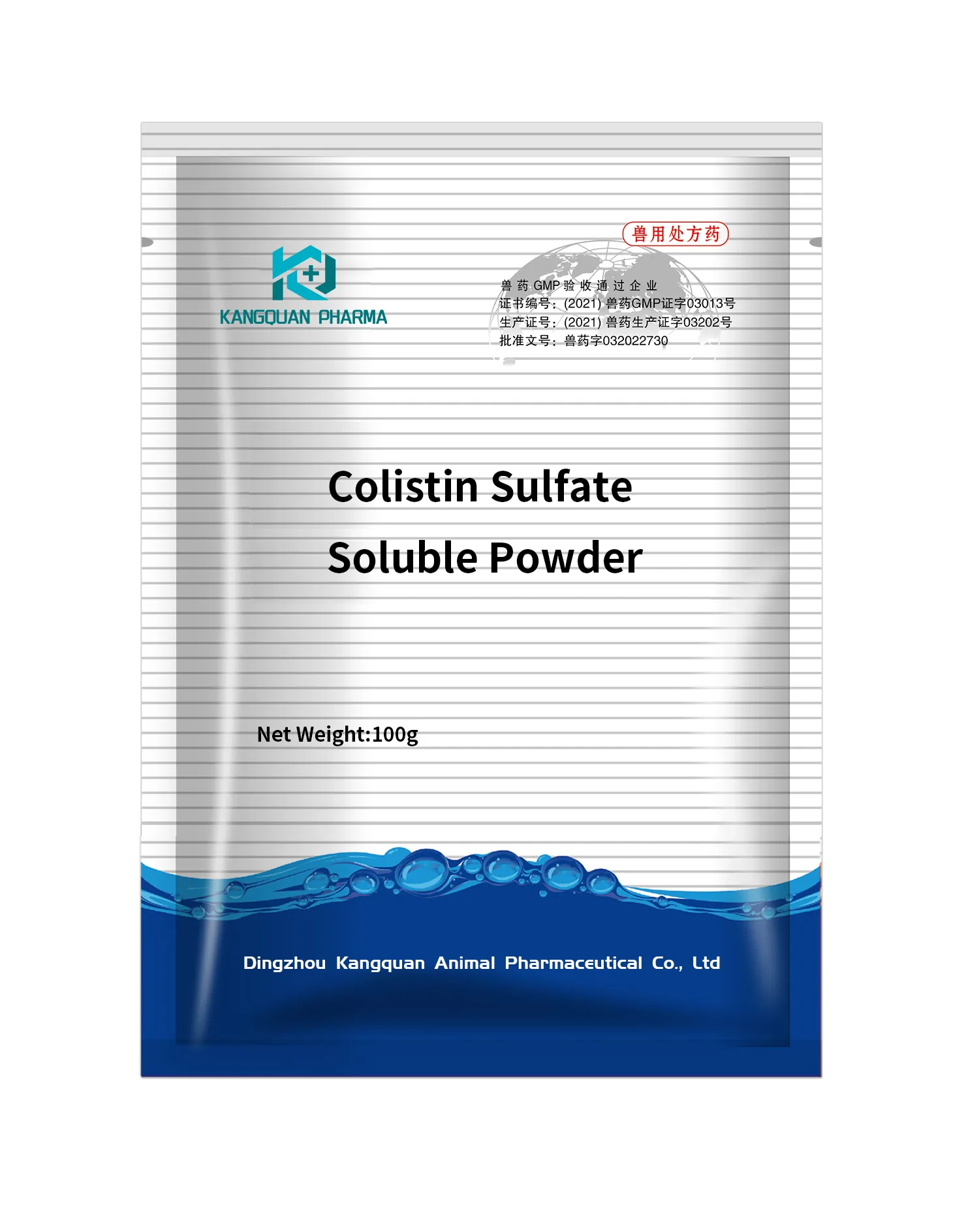- Afrikaans
- Albanian
- Amharic
- Arabic
- Armenian
- Azerbaijani
- Basque
- Belarusian
- Bengali
- Bosnian
- Bulgarian
- Catalan
- Cebuano
- Corsican
- Croatian
- Czech
- Danish
- Dutch
- English
- Esperanto
- Estonian
- Finnish
- French
- Frisian
- Galician
- Georgian
- German
- Greek
- Gujarati
- Haitian Creole
- hausa
- hawaiian
- Hebrew
- Hindi
- Miao
- Hungarian
- Icelandic
- igbo
- Indonesian
- irish
- Italian
- Japanese
- Javanese
- Kannada
- kazakh
- Khmer
- Rwandese
- Korean
- Kurdish
- Kyrgyz
- Lao
- Latin
- Latvian
- Lithuanian
- Luxembourgish
- Macedonian
- Malgashi
- Malay
- Malayalam
- Maltese
- Maori
- Marathi
- Mongolian
- Myanmar
- Nepali
- Norwegian
- Norwegian
- Occitan
- Pashto
- Persian
- Polish
- Portuguese
- Punjabi
- Romanian
- Russian
- Samoan
- Scottish Gaelic
- Serbian
- Sesotho
- Shona
- Sindhi
- Sinhala
- Slovak
- Slovenian
- Somali
- Spanish
- Sundanese
- Swahili
- Swedish
- Tagalog
- Tajik
- Tamil
- Tatar
- Telugu
- Thai
- Turkish
- Turkmen
- Ukrainian
- Urdu
- Uighur
- Uzbek
- Vietnamese
- Welsh
- Bantu
- Yiddish
- Yoruba
- Zulu
10 月 . 13, 2024 11:07 Back to list
Doxycycline Hyclate for Canine Health and Treatment Options
Doxycycline Hyclate for Dogs An Overview
Doxycycline hyclate is a broad-spectrum antibiotic that is frequently prescribed for dogs to treat a variety of bacterial infections. This medication belongs to the tetracycline class of antibiotics and is effective against a range of pathogens, making it a valuable tool in veterinary medicine. In this article, we will explore the uses, dosage, side effects, and precautions associated with doxycycline hyclate for dogs.
Uses of Doxycycline Hyclate
Doxycycline is commonly prescribed for conditions caused by susceptible bacteria, including but not limited to
1. Lyme Disease This condition is transmitted by ticks and can lead to serious health issues if left untreated. Doxycycline is the preferred treatment for Lyme disease in dogs, helping to eliminate the bacteria responsible for the infection.
2. Respiratory Infections Dogs can suffer from various respiratory infections, including kennel cough, which may be caused by bacteria such as Bordetella bronchiseptica. Doxycycline can help mitigate these infections by targeting the pathogens involved.
3. Urinary Tract Infections (UTIs) Doxycycline may be effective in treating certain UTIs, especially those caused by susceptible strains of bacteria.
4. Skin Infections The antibiotic is also used for treating skin infections and abscesses caused by bacteria, contributing to wound healing and recovery.
5. Other Infections Additionally, doxycycline may be used for infections related to periodontal disease, certain gastrointestinal infections, and diseases caused by unusual bacteria.
Dosage and Administration
Doxycycline hyclate is typically administered orally and comes in various forms, including tablets and capsules
. The specific dosage depends on several factors, including the dog’s weight, the severity of the infection, and the veterinarian’s recommendations.A common dosage guideline is approximately 5 to 10 mg per kilogram of the dog’s body weight, given once or twice daily. It is crucial to follow your veterinarian's instructions carefully, as improper dosing can lead to ineffective treatment or increased risk of side effects.
Side Effects
doxycycline hyclate for dogs

As with any medication, doxycycline hyclate can cause side effects in some dogs. Most side effects are mild and may include
- Nausea and Vomiting Some dogs may experience gastrointestinal upset after taking doxycycline. Administering the medication with food can help mitigate this issue.
- Diarrhea Diarrhea can occur, particularly if the dog has a sensitive stomach or if the medication disrupts the natural balance of gut bacteria.
- Photosensitivity Doxycycline can increase a dog’s sensitivity to sunlight, leading to a higher risk of sunburn or skin irritation.
- Tooth Discoloration In young dogs, tetracycline antibiotics, including doxycycline, may cause permanent discoloration of developing teeth. Consequently, it is generally not recommended for puppies or young dogs unless absolutely necessary.
Precautions
While doxycycline hyclate is a relatively safe antibiotic when used as prescribed, several precautions should be taken
- Pre-existing Conditions Always inform your veterinarian of any pre-existing health issues your dog may have, such as liver or kidney disease, as these conditions may influence the choice of medication.
- Drug Interactions Doxycycline can interact with other medications, so provide your veterinarian with a list of all current medications your dog is taking.
- Pregnancy and Nursing Use of doxycycline in pregnant or nursing dogs should be approached cautiously, as it may affect the developing puppies.
Conclusion
Doxycycline hyclate is a versatile and effective antibiotic for treating a range of bacterial infections in dogs. When prescribed and monitored by a veterinarian, it can significantly improve a dog’s health and well-being. As always, it's essential to adhere to your veterinarian's advice and report any adverse reactions or concerns during treatment. By doing so, you can help ensure that your canine companion recovers quickly and without complications, allowing them to return to their happy, healthy selves.
-
The Power of Radix Isatidis Extract for Your Health and Wellness
NewsOct.29,2024
-
Neomycin Sulfate Soluble Powder: A Versatile Solution for Pet Health
NewsOct.29,2024
-
Lincomycin Hydrochloride Soluble Powder – The Essential Solution
NewsOct.29,2024
-
Garamycin Gentamicin Sulfate for Effective Infection Control
NewsOct.29,2024
-
Doxycycline Hyclate Soluble Powder: Your Antibiotic Needs
NewsOct.29,2024
-
Tilmicosin Premix: The Ultimate Solution for Poultry Health
NewsOct.29,2024













